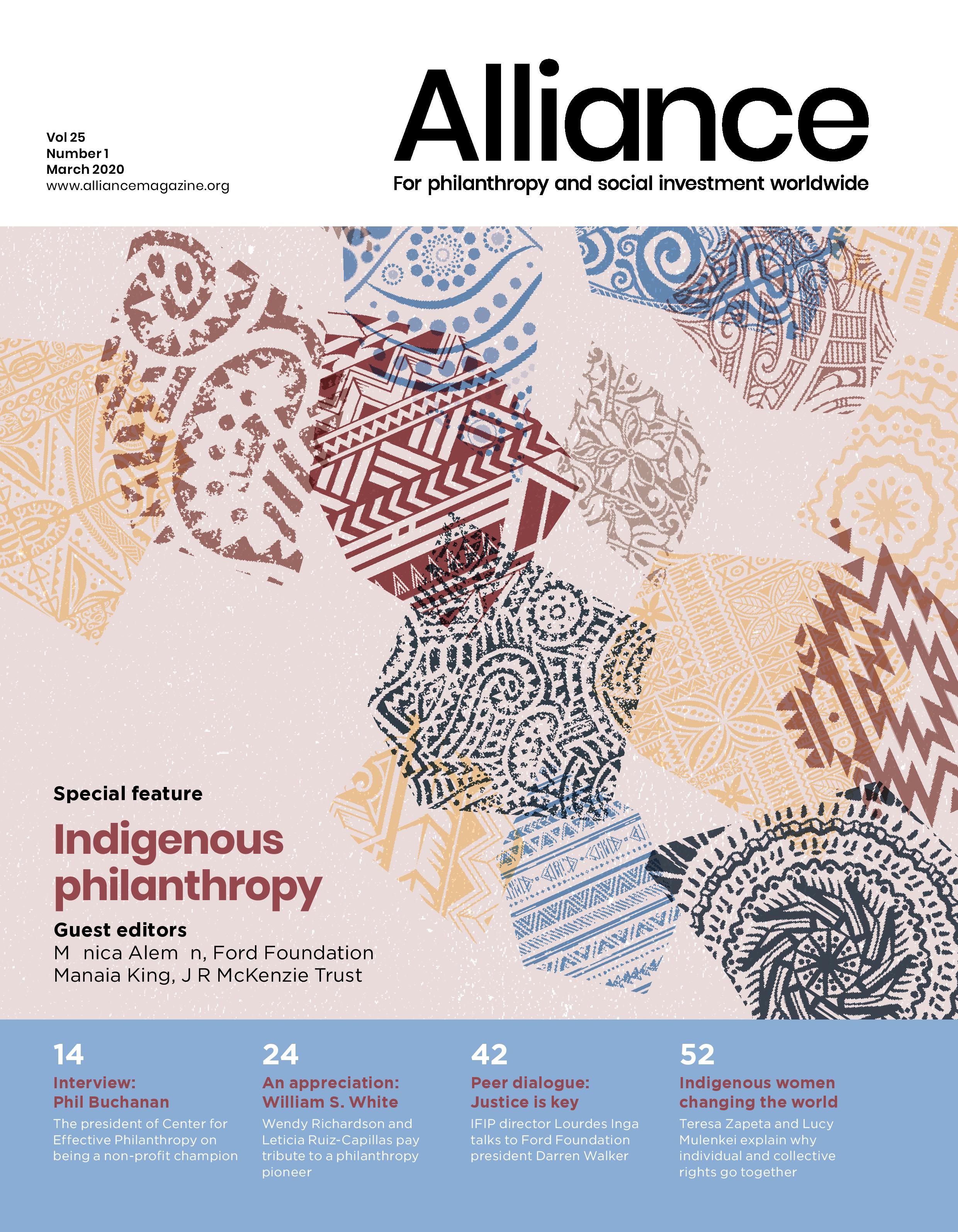Jessica Horn’s article (Beyond the binary, Alliance, December 2019) on shifting the understanding of how women’s funds engage with the concept of gender, and issues beyond the binary, is an important look into the future of support for anti-patriarchal organising — especially for those funders who want to address systemic inequities and the power dynamics that forge them.
In a time where the very humanity of trans people is under attack by anti-trans groups and individuals who intentionally misuse feminism to pursue their own agenda, it is imperative to hear from funders that are focused on women’s rights of their conviction that trans women are women, and that trans women’s presence in feminist organising is vital and undisputable.
As a non-binary person who previously worked as an advocate and organiser for trans activism, I find that philanthropy should not only embrace trans women and non-binary people in women’s organising, but also consider what it means to bring trans identities and experiences to a space traditionally seen as only involving and uplifting voices of cisgender women, and what preconceived notions that we hold as individuals need to be let go of in the process.
As a sector in its entirety, we need a better and more nuanced understanding of the complexities between gender and sex characteristics, including how framing them as binaries prevents funders from addressing the harm that patriarchy causes to the most marginalised — whether that is about access to power, reproductive justice or addressing violence and injustice.
Wiktor Dynarski
Programme officer,
Sexual and Reproductive Health and Rights,
Open Society Foundations





Comments (0)